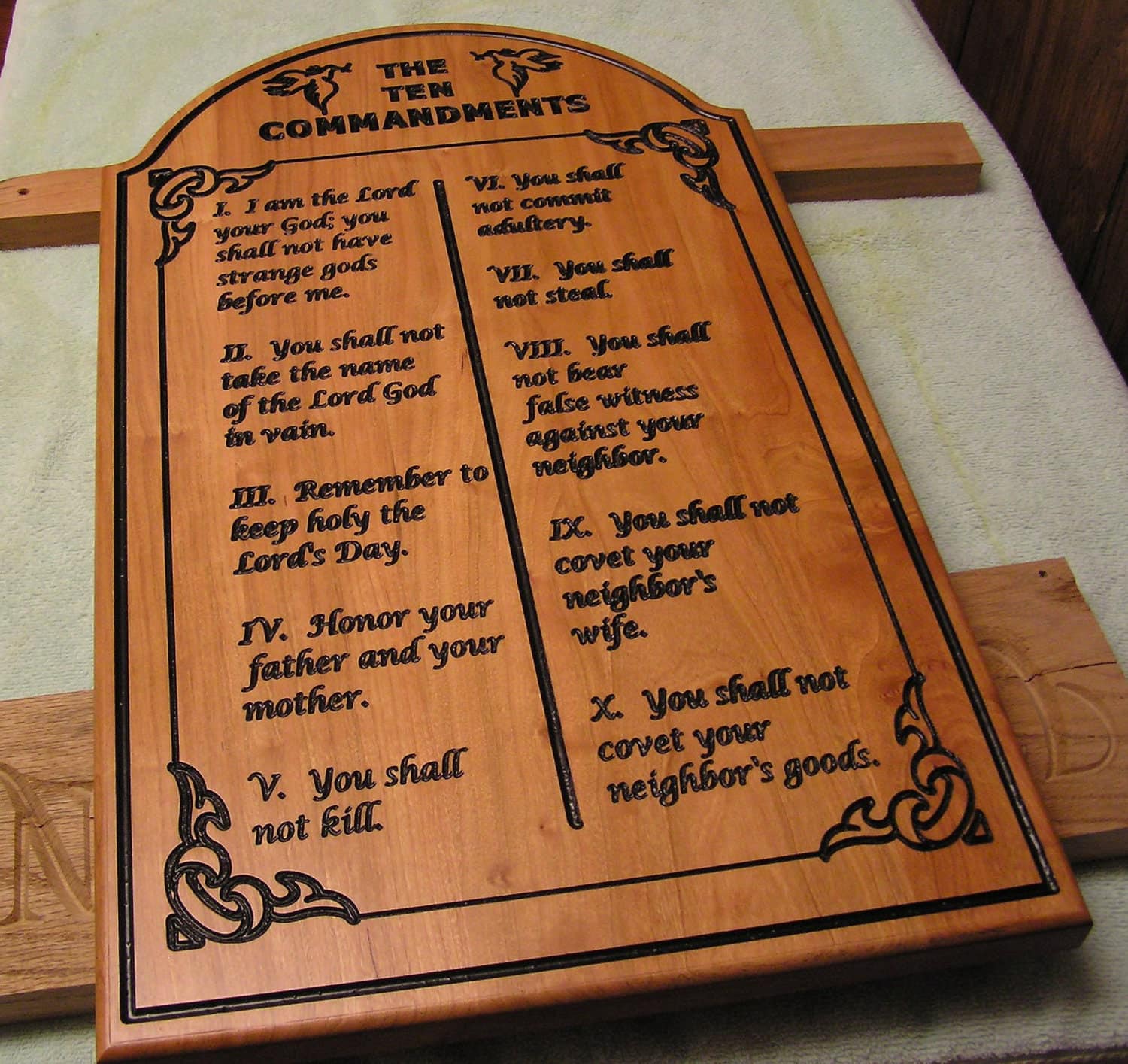13,609 total views
Homily for Wed of the Third Week of Lent, 6 March 2024, Mt 5:17-19

May nakilala akong isang app developer. May binabalak daw siyang gawin na kakaibang app, idodonate daw niya sa Catholic Church if we are interested: “Online Confession App”. Gagawin daw niyang user-friendly. Automatic daw, magla-log-in lang ang penitent at may pipindutin siya na introductory rite: “Bless me Father for I have sinned” at lilitaw ang options—kung kailan ang last confession ng penitent: blank day/s, blank week/s, blank month/s or blank year/s ago. Ita-type lang sa box ang number. Pagkatapos, lilitaw daw ang ten commandments at ang checklist of sins related to each one. Halimbawa: commandment number 7, “Thou shalt not steal. “ Pagclick mo daw nito may list na agad ng mga bagay na posibleng ninakaw mo with a click box to check per item. Pagka-submit ng list of sins, may prompt na magsasabing “Please wait for corresponding penance/s.” Tapos, press ok if willing to comply with the recommended penances. Then press print button para lumabas ang print-out ng mga kasalanang naikumpisal at corresponding penances para di mo malimutan. Habang hinihintay ang print-out lilitaw sa screen ang “act of contrition”. Pagkatapos, ibibigay na daw ng pari ang absolution. Tapos daw ang kumpisal in a few seconds, tipid pa sa oras. Haha. Nice idea but, no, thanks.
I have nothing against the idea of making things easy for people in the digital space, but I doubt if we will ever allow confession to be done that way. Haha. Why? Because it reduces the faith into a set of do’s and dont’s or a set of rules and regulations to be followed with a corresponding act of penance for each violation.
Today’s Gospel makes me think that Jesus may have given people in his time the impression that because of his liberal interpretation of the Law and the Prophets, he was already abolishing the Scriptures and the ten commandments. He says, no. On the contrary, he says he is trying to fulfill them. He may have had in mind our first reading today from chapter 4 of the Book of Deuteronomy, where the writer says his people will be regarded as “wise and intelligent” because of their intimate relationship with their God. He asks, “Is there a nation on earth whose God is as near to them as Yahweh is to Israel?”
I have mentioned on many occasions that I prefer to refer to the Ten Commandments as “Ten Commitments”—“sampung kasunduan” rather than “kautusan”. Why? Because they are meaningless unless they are understood in the context of a covenant relationship. That is why the first commandment is supposed to sum up the rest of the nine—you take to heart these norms of behavior because “the Lord is your God and you are his people.”
In the context of that covenant relationship, more important that writing the commandments on stone tablets or on a scroll is taking them to heart. That is why Jesus summarized the ten into just two: love of God above all, and love of neighbor as oneself. Without love, all our religious observances will mean nothing.
















